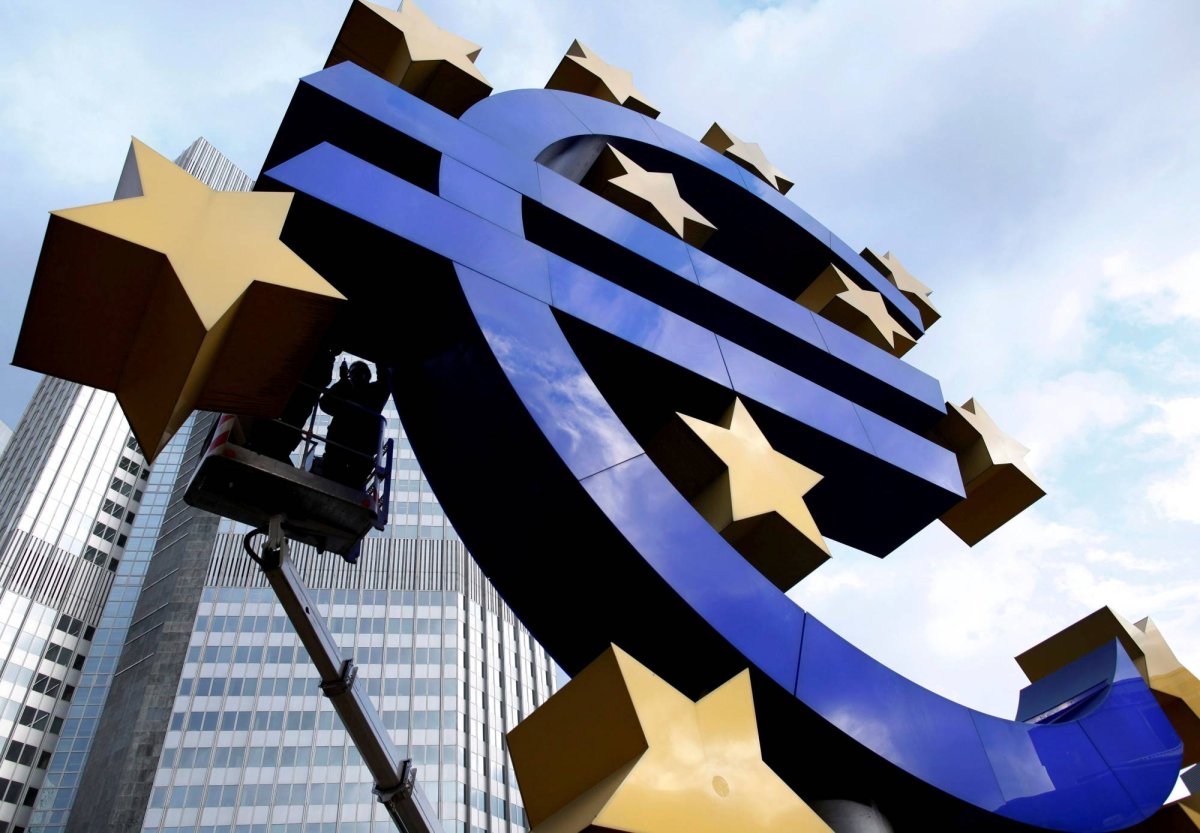Digital Euro Likely but not Inevitable, ECB Digital Currency Chief Says

It’s likely, but not inevitable, that a digital euro would be introduced in Europe, the European Central Bank’s Evelien Witlox said on Wednesday, an effort partly driven by the region’s dependence on payment services from elsewhere.
The ECB is looking at the possibility of issuing a digital euro, which would be an electronic equivalent to cash, allowing people to use central bank money for payments, which would be a public good, Witlox, the ECB’s digital euro director, said at the fintech conference, Money20/20.
“I think there is certainly a high likelihood… But it is not inevitable at the moment,” Witlox said.
If draft legislation is adopted, it will make the digital euro legal tender, meaning that merchants that offer digital means of payment would need to accept it, Witlox said, Reuters reported.
The push for a digital euro has partly been driven by concerns about Europe’s reliance on payment services from outside the region, undermining its economic independence and the security of data involved in payments.
“We find the fact that we are so dependent on non-European players something that is not good for our economic sovereignty, because what would happen if at one moment in time, these providers will not be able to provide their services for one reason or another,” Witlox said.
“Moreover, also a lot of data are involved in payments, so we really do see this as a serious concern.”
-ADOPTED BY MANY NATIONS
As of March, 134 countries representing 98% of the global economy were exploring digital versions of their currencies. Some countries have already introduced them.
There have been widespread concerns that digital currencies would allow governments to spy on people’s payments. The ECB has said privacy would be an important design feature.
The digital euro would not be programmable – in other words, it would not be designed to be used only in certain circumstances, like vouchers – and it would not give governments the ability to track individuals’ spending, Witlox said.
After a two-year “investigation phase”, the ECB is now in a “preparation phase” which began in November 2023, its website says.
Witlox said the ECB is due to publish a progress report later this month.
The ECB has not decided whether or not a digital euro will use blockchain technology – which is behind cryptocurrencies such as bitcoin – the website says.
This article was originally published by a english.aawsat.com
Read it HERE







